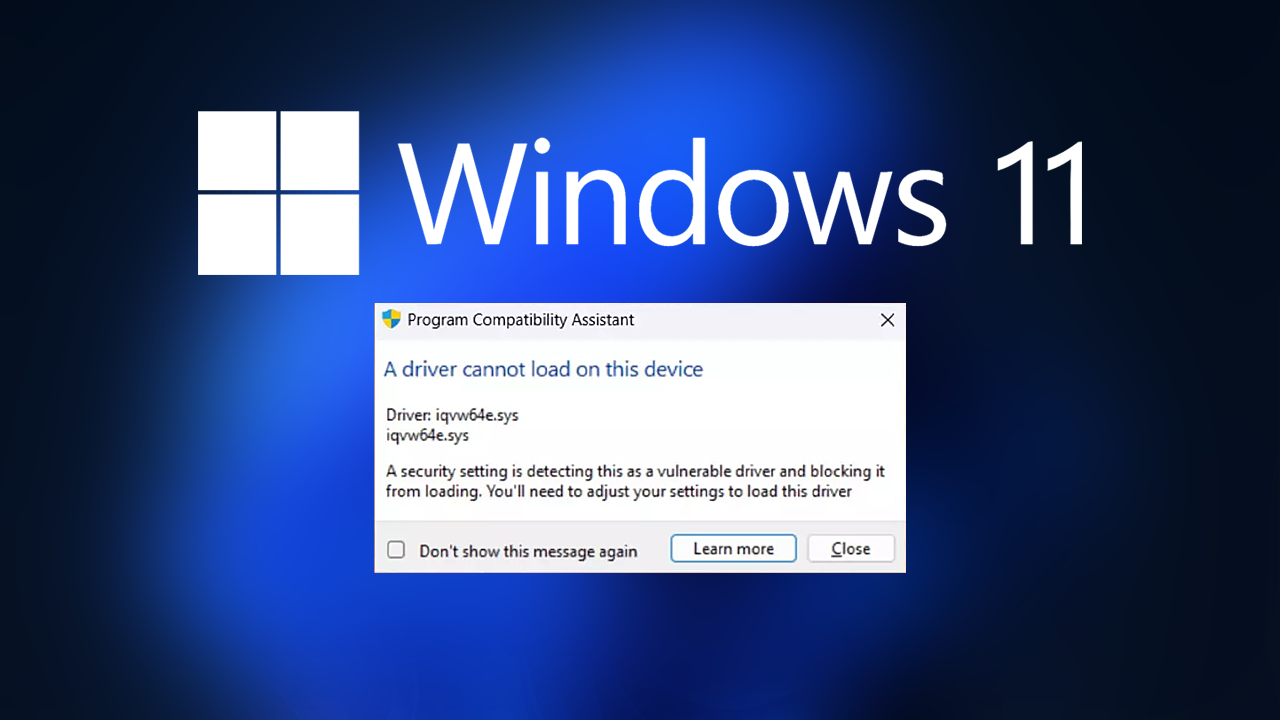The process of creating a smooth and effective user experience for your site typically begins with selecting the best tools. Of these, /portal.php has been a popular choice for developers and webmasters across the world. If you’re running a simple blog or constructing a large system, /portal.php can play a crucial role in improving your website’s efficiency and performance.
In this article, we’ll go over the essential information you should be aware of /portal.php starting with knowing its function to using it efficiently while staying clear of potential mistakes.
What is /portal.php?
The basic idea behind it is that /portal.php is a program used on PHP-powered websites. PHP is one of the most widely used programming languages, is able to work in a dynamic manner to provide users with specific content that is personalized and facilitates smooth interactions. The /portal.php file serves as an controller or gateway centre to manage the most important interactions with users, such as log-in processes, dashboards as well as providing access to data of users.
It’s basically a framework connecting the different components of a website and seamlessly integrating the backend system with the frontend interface. Because of its versatility and the compatibility it has with a broad variety of database and tooling, /portal.php has cemented itself as an integral part of contemporary web development.
How Does /portal.php Work?
This is the way /portal.php is used in real life:
- Request Processing If the user makes a request (e.g. or logs in to the account), /portal.php routes the request to the appropriate database to verify the request.
- Session Management It handles session-long user sessions and stores the settings and preferences to give users an experience that is personalized.
- Dynamic Content: /portal.php fetches all the necessary data (and only the required information) aiding in the rendering of individual web pages with ease.
As an example, on an online login page, /portal.php makes sure that users input legitimate credentials prior to taking the user towards their personal dashboard. It serves as a link between user inputs on the front end as well as back-end systems such APIs, databases and databases.
How Does /portal.php Boost Website Performance?
One of the main features of /portal.php is the ability it has to enhance the efficiency of websites with optimized procedures. This is how it works:
- efficient data handling: /portal.php reduces the load on servers by retrieving and processing only pertinent data, instead of overloading your system with unneeded requests.
- Enhances Scalability If correctly configured, it permits the site to handle huge quantities of traffic and not slow down, be it for dashboards that are dynamic or simply login portals.
- Improves reliability Through simplifying the way requests are handled and replied by, /portal.php optimizes your website’s time to respond, so that your visitors enjoy a seamless navigation experience.
In particular, at high-traffic occasions, like an event launching a new product /portal.php assures that the requests of users are dealt with in a systematic manner, without overloading the server.
The Role of /portal.php in Modern Web Development
A growing need for personalized and interactive experience for users makes /portal.php an essential component of contemporary web development. Its versatility lets it:
- enable dynamic features: /portal.php powers components like logins for users as well as content dashboards and secure payment portals that use PHP.
- Integrate seamlessly The application connects easily to databases, APIs as well as third-party frameworks in order to manage complex web-based app requirements.
- Secure Access Management: An example of this is observed in PHP TPA portals of providers The file makes sure that both providers and users can gain access to a particular section of the platform quickly and securely.
Essential functions that small-scale businesses require to more advanced functions for enterprise-level application, /portal.php offers a solid basis for the development of high-quality internet solutions.
The Hidden Challenges of Using /portal.php
Although /portal.php is extremely powerful however, it’s not completely free of limits. Be aware of the potential issues will allow you to be proactive in addressing these issues:
- Security Risks Unprofessional code practices can expose the web browser to threats such as SQL injection or access that is not authorized.
- Performance issues Web sites that aren’t optimized for size can be slow if the scripts in /portal.php don’t work properly.
- Issues with Compatibility Versions older than HTML0 of /portal.php might not be able to function smoothly with the latest frameworks or hosting platforms.
- Developer dependency A proper setup and ongoing maintenance usually require experienced developers who are proficient in PHP.
The knowledge of these problems allows webmasters to implement the best practices to reduce risks and increase the value of files.
Best Practices for Using /portal.php Effectively
To make the most of /portal.php Follow these best methods:
1. Write Clean and Organized Code
Effective and organized coding can help in identifying problems, but it also makes easier the future update process.
2. Focus on Security
- Utilize secure encryption methods to safeguard sensitive information particularly for tasks such as user authentication.
- Be prepared for common dangers like SQL injection by verifying inputs and encryption of sensitive data.
3. Optimize Performance
- Optimize database queries in order to reduce load time.
- Make use of caching in order to minimize the load on servers during periods of high traffic.
4. Stay Updated
Regularly scheduled updates assure compliance with the latest PHP versions. This helps to prevent issues with outdated configurations.
5. Test Regularly
Large systems, for instance, PHP portals which handle massive information or requests from users Regular testing will ensure the system functions efficiently and safely for everyone.
Use Cases for /portal.php
- E-commerce Websites
/portal.php is a great choice for online stores, as it manages the user’s accounts, monitor transactions, and manage payment transactions that are secure.
- Content Dashboards
Through its capability to arrange data, and to incorporate APIs /portal.php lets you customize content distribution in dashboards and the backend admin panels.
- Enterprise Solutions
Numerous businesses use websites that run on PHP, such as Bamboo PHP portals for enterprise planning and management of resources.
Final Thoughts
/portal.php is an incredibly versatile and robust tool that webmasters make use of to improve web performance, create an interactive experience for users, as well as simplify backend process. From novice developers to professionals, knowing the best way to utilize /portal.php opens up a lot of possibilities to any website project.
But, like any other instrument, its efficiency is contingent on the way it’s used. Safe coding practices, regularly scheduled update and optimization of performance can be crucial to avoid typical pitfalls while reaping the advantages of /portal.php.
No matter if you’re developing a simple web-based login or an enterprise-grade dashboard knowing how to use /portal.php will ensure that your website is built on a an enduring, flexible foundation.

